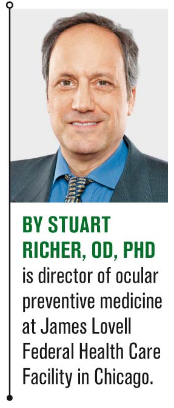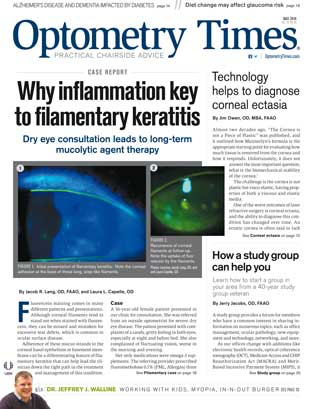6 healthy habits that don’t cost a fortune


At this point in my life, I can now appreciate that the best ancient and rediscovered health practices do not cost money-much like the age-old adage, “The best things in life are free.” However, one must be aware that it is difficult to change a behavior, often taking at least 21 days of concerted effort.1
Here are six healthy habits that will not break the bank.
1. Movement and breathing
Andrew Weil, MD, and others have taught us the health we enjoy today and for the rest of our lives begins with our next breath.2 Breathing-all but ignored by western practitioners-is crucial to emotional and physical health. It allows our bodies to heal and sustain homeostasis in our frantic world.
One in 12 early deaths can be prevented with 30 minutes of physical activity, five days a week. According to the world’s largest study of physical activity, 150 minutes of activity per week reduces the risk of early death by 28 percent and rates of heart disease by 20 percent.3
2. Sleep
Sleep quality is the foundation of a myriad of health disturbances. It is the basis for alertness, good mood, high-quality performance, and preventing the deterioration of existing physical and mental disorders.
As ODs, we are aware of the association of obstructive sleep apnea and eye diseases. Setting a consistent sleep time and pre-sleep relaxation ritual is important not only for our patients, but ourselves.
Previously from Dr. Richer: ODs’ role promising in detecting Alzheimer’s disease
3. Sunlight
Neurosurgeon Jack Kruse, MD, has synthesized a body of esoteric biomodulation science. He suggests that the most important health habit modern Homo sapiens can achieve is to expose their eyes and bodies to nonvisible solar wavelengths in the near ultraviolet and near infrared spectrum. At the same time, Dr. Kruse argues for limiting late-day exposure to nonnative blue light and filtering blue light from cell phones and computers.
The benefits of limiting late-day exposure include activation of depressed mitochondria, which is related to obesity and 90 percent of all chronic disease, and reprograming our central retinal pathway mediated neuroendocrine system.4
4. Fasting
Fasting is an ancient religious practice. When accomplished correctly and safely, it can result in weight loss, reverse type 2 diabetes, improve cognition, prevent cancer, prevent heart disease, and even slow aging.5
5. Hydration
Most ODs have encountered patients who do not eat plant food. These patients tend to develop a myriad of health challenges with age. I advise these patients to remove high-fructose corn syrup and artificial sweetener hydration and substitute healthful hydration.
Eight ounces of low-sodium vegetable juice supplies the equivalent of two vegetable servings and a plethora of nutrients such as magnesium, potassium, polyphenols, lutein, and B carotene. This product may reduce the risk of high blood pressure and stroke (because of high K+ in vegetable juice, patients with severe kidney disease and / or high serum K+, should consult their doctor).6
6. Show gratitude, rest, and help others
Regardless of one’s religious beliefs, the act of giving thanks for our blessings, taking weekly rest, and helping others has been shown to enhance health.7 Gratitude, like taking a walk in the sunlight, increases dopamine, our pleasure neurotransmitter.
Scientific research increasingly shows that the reason Homo sapiens conquered our planet was because of our ability to nurture people other than ourselves. In fact, altruism likely has a genetic basis.8
References
1. Rosembaun A, Rojas P, Rodriguez MV, Barticevic N, Rivera Mercado S. Brief interventions to promote behavioral change in primary care settings, a review of their effectiveness for smoking, alcohol and physical inactivity. Medwave. 2018 Jan 29;18(1):e7148.
2. Weil A. Breathing: The Master Key to Self Healing. Narrated by Weil. Sounds True, 2001. Audiobook.

Newsletter
Want more insights like this? Subscribe to Optometry Times and get clinical pearls and practice tips delivered straight to your inbox.